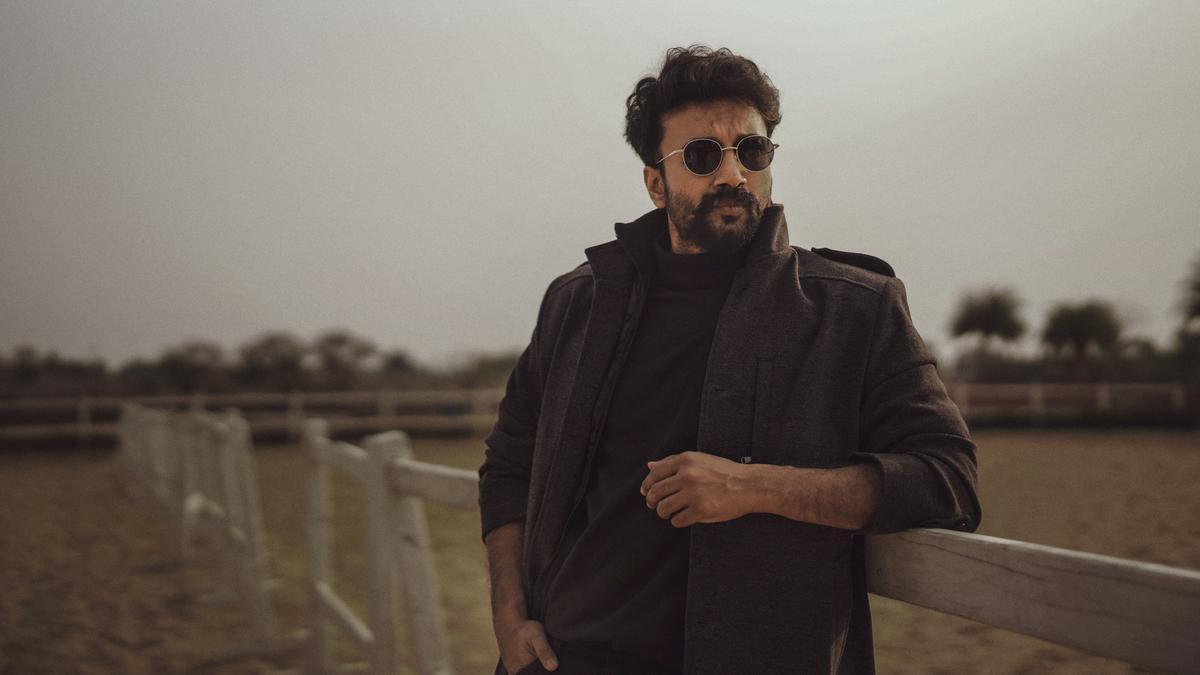
Bollywood star Anil Kapoor has emerged as the only Indian actor to be featured in TIME magazine’s prestigious list of the 100 Most Influential People in Artificial Intelligence. This recognition places Kapoor alongside Hollywood luminary Scarlett Johansson, amidst a cohort overwhelmingly dominated by scientists, tech experts, and entrepreneurs. But what prompted TIME to honor Kapoor in this manner? An intriguing story unfolds, tracing back to a significant legal ruling by the Delhi High Court last year.
The heart of the matter dates to a pivotal case heard in 2023 by the Delhi High Court. Anil Kapoor had filed a plea, seeking protection against the unauthorized exploitation of his name, image, voice, and other personal attributes, including his iconic catchphrase “jhakaas,” for commercial gain. Kapoor’s petition was driven by numerous entities’ perceived misuse of his celebrity identity without consent, and the subsequent court order was indeed a legal victory for the star.
However, the ramifications of this case extend beyond conventional misuse. Central to Kapoor’s petition was the potential for Artificial Intelligence technologies to replicate and exploit his likeness illicitly. The Delhi High Court, recognizing the modern challenges posed by AI, noted the ease with which such technologies could morph a celebrity’s persona for various unsanctioned uses.
“The technological tools that are now freely available make it possible for any illegal and unauthorized user to use, produce or imitate any celebrity’s persona, by using tools including Artificial Intelligence. The celebrity enjoys the right of privacy and does not wish that his or her image, voice, likeness is portrayed in a dark or grim manner, as portrayed on the porn websites. Moreover, the Plaintiff’s image is being morphed along with other actresses in videos and images generated in a manner, which are not merely offensive or derogatory to the Plaintiff, but also to such other third-party celebrities and actresses,” the court’s interim order stated.
This ruling was ground-breaking, highlighting the growing concern over AI’s capabilities to illegally replicate identities, thus setting a legal precedent. It wasn’t merely about protecting Anil Kapoor alone; it aimed to safeguard all celebrities in an increasingly digital world where AI could potentially distort and misuse their image without rightful permission.
Similarly, Scarlett Johansson’s inclusion in the TIME list also stems from her battles concerning AI.
. In May of the previous year, Johansson found herself appalled when OpenAI, a company backed by Microsoft, launched an AI personal assistant voice echoing an uncanny resemblance to her own. This incident closely mirrored Kapoor’s concerns, emphasizing the invasive potential of AI on personal privacy and celebrity rights.
Johansson recalled being approached by OpenAI’s chief, Sam Altman, who proposed that she license her voice for a new ChatGPT voice assistant, which he believed would comfort those uneasy with AI technology. After thorough contemplation, she declined. Unfortunately, despite her refusal, a voice remarkably similar to hers was unveiled in the new ChatGPT product, leading to widespread confusion among her close associates and media outlets alike. “I was shocked, angered, and in disbelief that Mr. Altman would pursue a voice that sounded so eerily similar to mine that my closest friends and news outlets could not tell the difference,” Johansson expressed.
These incidents spotlight a growing issue in the digital age: the intersection of AI with personal and celebrity rights. Both Kapoor and Johansson’s experiences underscore a critical dialogue around AI ethics, privacy, and the need for stringent regulations.
In the grand technological landscape, the presence of Anil Kapoor and Scarlett Johansson on TIME’s list signifies more than just recognition of their rebuttals against AI misuse. It symbolizes a pioneering stance urging for more rigorous AI governance and ethical standards. They serve as reminders that while technology can drive progress, it must also be channeled with respect for personal sovereignty and integrity.
Thus, Anil Kapoor’s feature on TIME’s 100 Most Influential People in AI is a tribute not only to his star power but to a defining moment of legal advocacy that resonated far beyond the courtroom. It signals a call for action, emphasizing that as AI continues to evolve, so must our efforts to protect the fundamental rights and dignities of those who could be affected by it.










